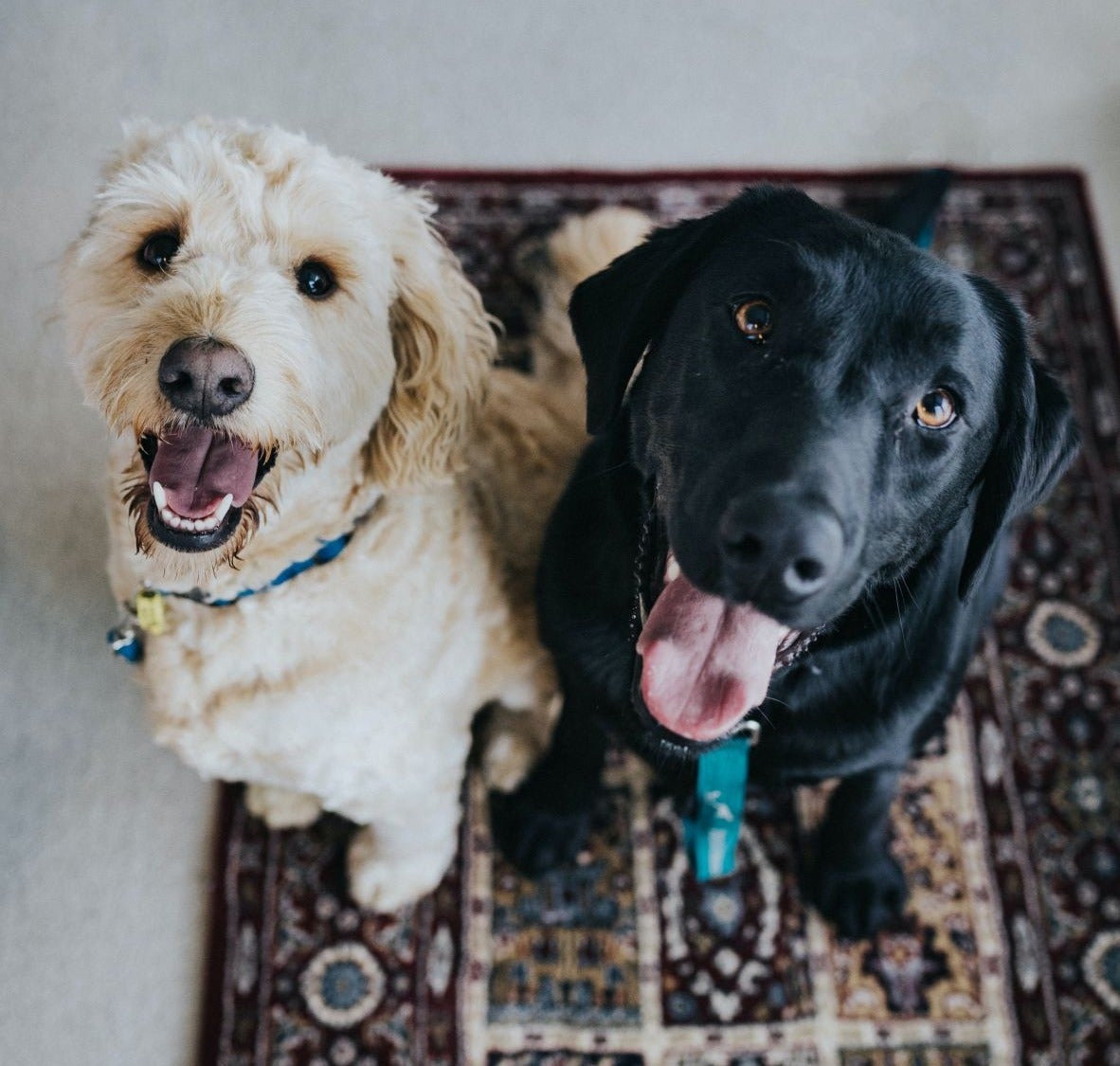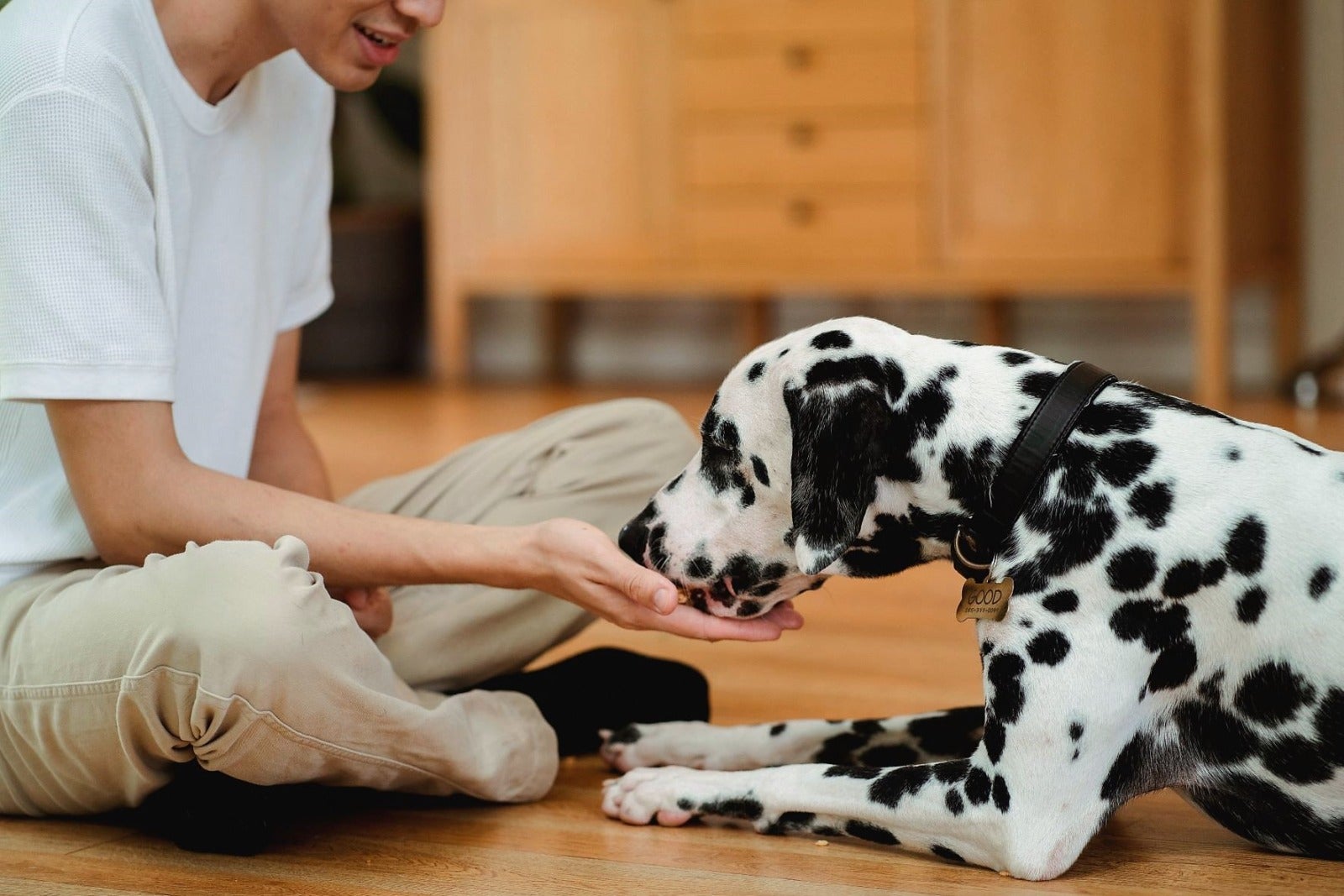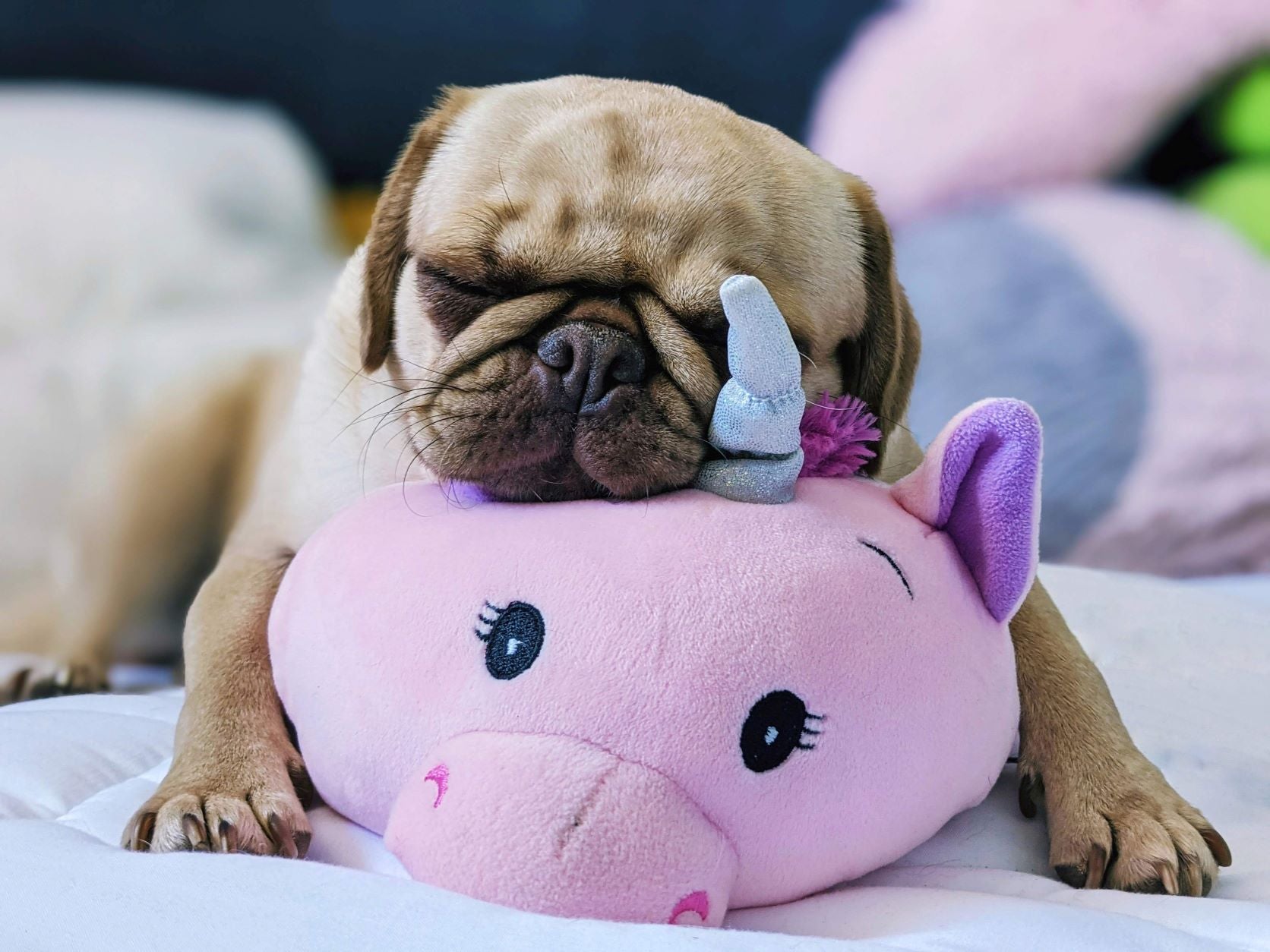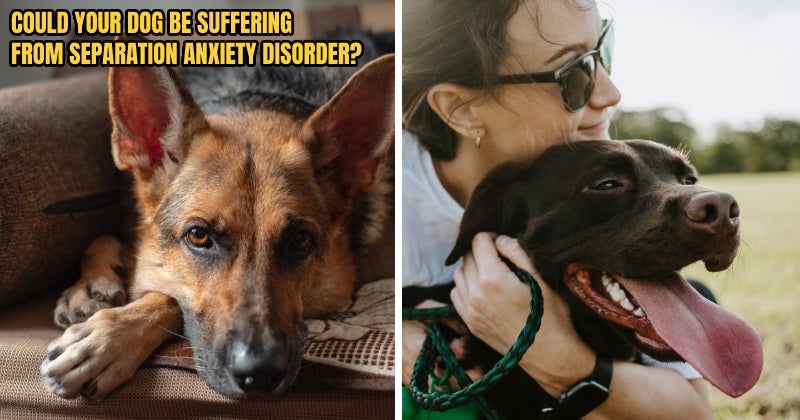No matter how hard life gets, we can ALWAYS count on our furry best friends to cheer us up whenever we need it. With the tsunami of love they shower us with, we naturally want to give them the love that THEY deserve too!
Alas, for some Malaysians, our dogs love us a little toooo much, to the point that they actually get upset when we’re not at home with them! In fact, this is an actual condition called separation anxiety.
What’s Separation Anxiety? Sounds serious eh!

Basically, separation anxiety is the distress that dogs experience when they’re away from their owners or left alone at home. Unfortunately, there are a few reasons why our poor babies go through such stress:
- It’s in their nature: As direct descendants of wolves, dogs have the innate need to stick to their packs and follow the alpha, which would be the owners (that’s us!).
- Alien environment: If your pupper was adopted recently, chances are they aren’t comfortable with your home yet, thus depending on you as a source of comfort and security.
- Abrupt change in pattern: If you had a drastic change in your daily schedule (i.e. going back to the office after months of work-from-home), there’s a high chance your dog hasn’t gotten used to you being away from home that long.
- Losing a loved one: Whether it’s the recent passing of your family member at home (especially a co-owner of your dog) or another dog, your dog would undoubtedly feel more vulnerable at this stage of their lives – they have feelings too!
Of course, these are just SOME of the reasons that your dogs might have separation anxiety and is entirely circumstantial.
Signs to watch out for

More importantly, if you’re looking for solid proof of whether your dog has TRULY been feeling this way, read on to find out what you should look out for in your dog’s behaviour!
1. Your house constantly smells extra funky
One of the most common ways dogs express their anxiety of being left alone, is by urinating, defecating and drooling all over the house ONLY when we aren’t home. However, before putting two and two together, first, make sure that they are:
- Not marking their territory, as recently-adopted puppers naturally do so in a new home.
- Not urinating out of excitement or submissiveness (i.e. during greetings or playtime, getting punished for bad behaviour)
- Not experiencing incontinence due to old age or health
- Not experiencing side effects from medications that cause frequent urination
- Properly house trained
2. Bark and howl awayyyyy

It may be in their nature to bark and howl when things go bump in the night or unwelcome strangers. However, if they start making noise TIRELESSLY when you’re preparing to leave home or after, then that’s a big red flag, especially when there are no other triggers.
3. Being lil Ms./Mr. Impatient
There are also a number of dogs that would resort to walking or trotting in any fixed patterns repeatedly to cope with their anxiety, from circular motions to straight lines. If this doesn’t happen when you’re around, it’s even more proof that they’re suffering from fear of separation.
4. Causing mayhem in your absence

If you always return home to a “crime scene” ala destroyed furniture, chewed up shoes or knocked over plants (you get the idea), then it’s quite likely your dog is resorting to house destruction to cope with their distress – even more so if your dog is well-behaved when you’re around.
5. Always attempting “prison breaks”
Does your dog routinely run out of the house or dig/chew through doors/windows every time you leave? That’s another telltale sign your dog isn’t comfortable without you around, and they could probably hurt themselves from breaking their teeth or damaging their paws and nails by doing so!
6. Eating in all the wrong ways

This might gross you out, but the very real fact is that some dogs are actually triggered to eat their own poop when you’re away from home. If they lagi won’t do this when you’re around, then it’s a cause for concern lah.
“Oh no! What can I do to help them?”

Before feeling guilty or frustrated, you must know that separation anxiety in dogs is just like any panic disorder or fear that WE have. Even if they’re safe and sound at home, dogs with this condition can’t help but feel claustrophobic or disoriented when the alpha (us) is gone, NOT because they’re trying to make us feel bad for leaving them behind.
With that in mind (empathy does help in this situation~), here are some things you can do to help treat their separation anxiety:
- Treat leaving and coming home as a “small thing” only. Simply greet or bid your dogs goodbye calmly as if it were NBT (no big thang).
- Pick a specific word or action that implies you’ll return home to your dog and use it repeatedly when leaving.
- Give and train your dog to have its very own safe space, so they know where to go for security and solace.
- Make sure your dog is well-stimulated physically and mentally with walking, exploring new areas, playtime and training.
- Countercondition your dogs by associating your exit/absence (bad thing) with their favourite treats or toys (good thing), so that they learn “bad things” can lead to “good things”.
- Give food puzzle toys to your dogs before leaving, so that a) they’re counterconditioned, b) they focus on the toy instead of your absence and be calmer, and c) they’re mentally stimulated.
Of course, there are MANY more ways you can condition your dogs to be okay with you leaving. But their overarching objective is to help your dog become more independent and be able to relax when you’re not at home.

And most importantly, do NOT reprimand your dogs for acting out as they’re dealing with a lot of stress and expressing themselves; scolding or punishing them might actually cause the problem to worsen!
It’s vital for dog owners to remember that helping them push past their anxiety takes A LOT of time and patience, just like our very own mental health. If all else fails, you can seek advice from your regular veterinarian or a certified trainer in your area.





































